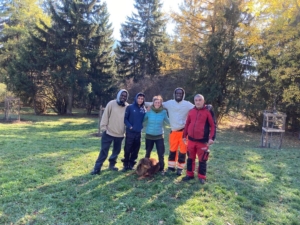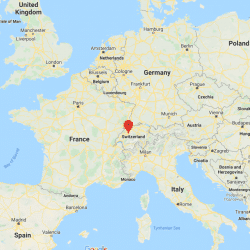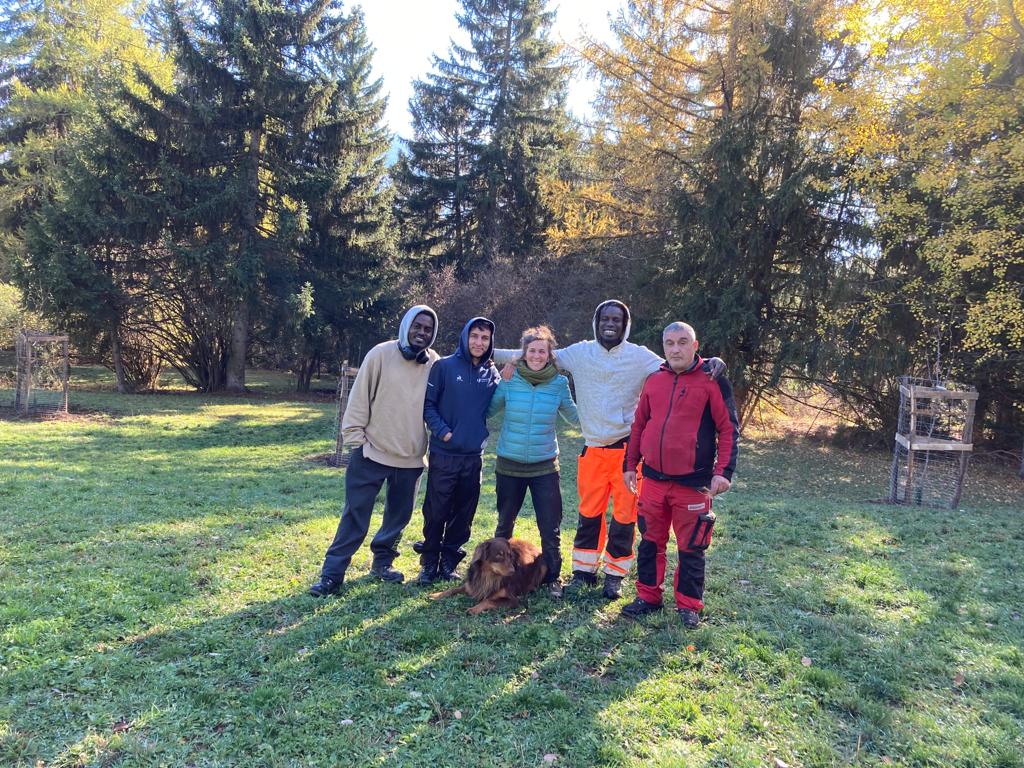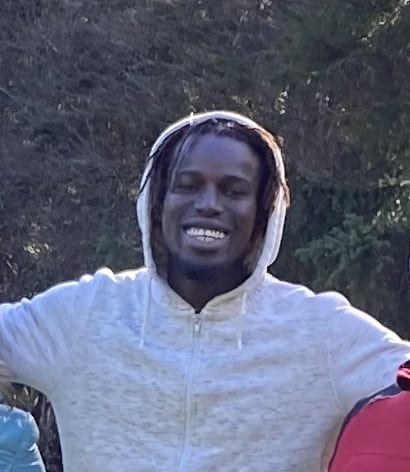Context
In the harsh reality of people on social assistance, isolation often weighs heavily, especially for those with mental health problems. This situation is common among many applicants who face significant challenges in integrating socially and professionally, particularly those affected by mental disorders. For many of them, the traumas linked to their migratory journey have left deep scars, such as post-traumatic disorders, acting as aggravating factors in their fragility.
This mental distress often translates into persistent moral suffering and physical complications, hampering their personal, social and professional lives. Already particularly vulnerable, these people often find themselves isolated in foster homes, with no meaningful activities to occupy their minds or develop their skills.
This prolonged isolation only worsens their condition, diminishing their autonomy and social skills, while increasing the negative symptoms of their illness. As a result, integration into society becomes almost impossible. It’s a vicious circle that needs to be broken!
Caring for people with these psychiatric disorders in a context of care linked to nature and the living world is highly conducive to their recovery.
Our action
PROMOTING THE SOCIAL INTEGRATION OF ASYLUM SEEKERS, MIGRANTS AND PEOPLE ON SOCIAL ASSISTANCE SUFFERING FROM MENTAL ILLNESS
L’Echappée Verte is a diverse, biodiversity-friendly therapeutic micro-farm specifically designed for asylum seekers experiencing psychological distress. In order to foster their social integration, the goal is to structure their daily lives by allowing them to engage in a meaningful project that aids in rebuilding self-confidence and breaking out of social isolation.
Participants are primarily supported through activities that involve working the land and interacting with living organisms. Each day, they are welcomed to the field to engage in nature-related work, enabling them to eventually reap the rewards of their efforts. Psychosocial assistance is provided within a non-institutional care environment that is less intimidating than other available structures. Apart from winter farming activities, projects are organized during other seasons, particularly in the winter months, focusing on woodworking through a partnership with the Satellite association in Sierre and access to a carpentry workshop named “Les Communs”.
To enhance the participants’ sense of value and self-esteem, as well as ensure a level of self-sustainability for the project, a short distribution network for Echappée Verte’s produce has been established, allowing it to be sold to refugee centers in the region. This way, the participants can enjoy the fruits of their labor on their own plates: healthy, sustainable, locally sourced products.
Additionally, engaging in the daily operations at Echappée Verte enables participants to acquire new hands-on skills in organic and sustainable farming, product processing, and even sales through the establishment of a short distribution network for their goods. These newfound skills can later be utilized in the job market.
EDUCATING YOUNG PEOPLE ABOUT SUSTAINABLE DEVELOPMENT (2024)
The decision to establish a diverse therapeutic micro-farm is also a way of contributing to the battle against climate change. In addition to promoting responsible, sustainable agriculture, biodiversity conservation, and the advocacy of healthy, local food, we deem it crucial to instill awareness of this matter starting from childhood. Research indicates that youngsters who spend ample time outdoors tend to be more attuned to the detrimental impact on nature and exhibit greater respect towards the living organisms in their surroundings.
As a result, the project is forging partnerships with local educational institutions. Through collaborations with schools, daycares, and extracurricular programs, efforts are underway to educate children on climate change issues and responsible agriculture. By hosting classes and activities on-site, we aim to introduce youngsters to the practices of working the land and nurturing a deeper connection with nature.
_____
This program would not be possible without the support of public and private entities. We would like to thank all those who have already committed to helping us bring this project to life, in particular :
Le Service de l’Action Social du Canton du Valais et l’Office de l’Asile
Agenda 2030 Canton du Valais
La Commune de Crans-Montana
ProjetSanté
La Fondation du Casino de Crans-Montana
Fondation Philanthropique Famille Sandoz
La Loterie Romande
La Fondation Rosyland
Le service de l’agriculture du Canton du Valais
All the companies that have generously supported us



